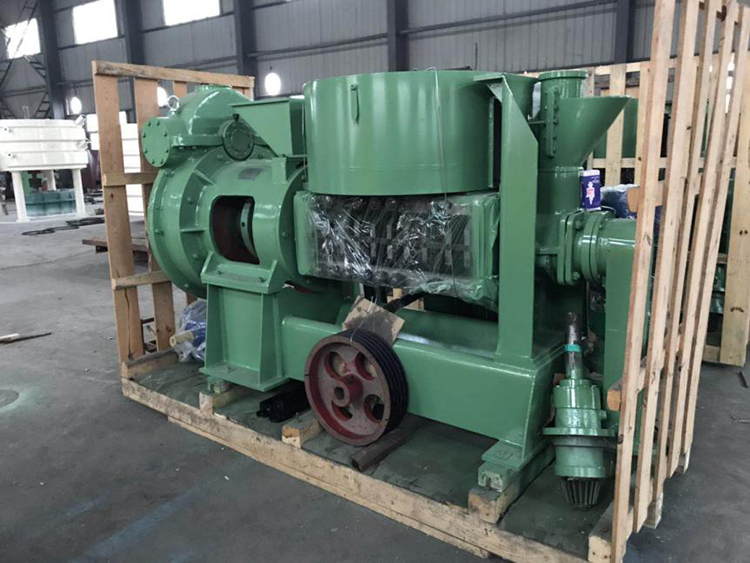Sep . 04, 2024 19:53 Back to list
food oil refined machine products
The Importance of Refined Cooking Oil and Its Production Machinery
Cooking oil is an essential ingredient in cuisines around the world, serving multiple functions in the kitchen, from frying to baking and salad dressings. However, the quality of cooking oil depends significantly on the refining process it undergoes. Refined cooking oil not only enhances flavor but also ensures safety and extends shelf life. To produce high-quality refined cooking oil, sophisticated machinery is needed, and understanding these machines is crucial for both manufacturers and consumers.
Refining cooking oil involves several steps, including degumming, neutralization, bleaching, and deodorization. Each step removes unwanted impurities and enhances the oil's overall quality. The machinery used for these processes is highly specialized and plays a pivotal role in determining the final product's purity and flavor.
1. Degumming This is the first step in the refining process. Degumming machines use hot water or acid to remove phospholipids and other impurities. These impurities can cause the oil to become cloudy or unstable. The degumming stage is crucial for quality, as any leftover gum can lead to poor performance in culinary applications.
2. Neutralization Next, the oil undergoes neutralization, which removes free fatty acids that can affect taste and shelf life. Neutralization machines typically make use of caustic soda solutions to achieve a balanced pH level. A neutralized oil is more stable and less likely to go rancid, making it more suitable for commercial distribution.
food oil refined machine products

3. Bleaching The bleaching process removes any color pigments that affect the oil's appearance. This step involves the use of absorbent materials known as bleaching earths that effectively strip away unwanted colors. Bleaching machines must be efficient and precise to ensure that the oil retains its desirable paleness without compromising its nutritional value.
4. Deodorization Finally, deodorization machines take care of any off-flavors through high-temperature steam distillation. This process ensures that the oil is not only safe to consume but also pleasant in flavor, making it ideal for various culinary uses. An effective deodorization unit can significantly enhance the marketability of cooking oils.
The evolution of refined cooking oil machinery has led to improvements in both efficiency and sustainability. Modern machines are designed to minimize energy consumption and waste production, aligning with growing environmental concerns. Moreover, advancements in technology allow for greater automation and precision, ensuring consistency in product quality.
From small-scale producers to large manufacturing plants, having the right machinery is vital for cooking oil production. It directly impacts the quality of the final product, consumer satisfaction, and ultimately the success of a brand in the competitive food market.
In conclusion, refined cooking oil is a staple in kitchens globally, with its quality primarily influenced by the refining process facilitated by advanced machinery. As consumers become more discerning about the products they use, the importance of investing in high-quality refining equipment becomes evident. This investment not only yields better products but also promotes healthier cooking practices and sustainable development in the food industry.
-
HP 120 Cold Oil Press-Hebei Huipin Machinery|Oil Extraction, Cold Press Machine
NewsAug.17,2025
-
HP 120 Cold Oil Press-Hebei Huipin Machinery|Oil Extraction, Cold Pressing
NewsAug.17,2025
-
High-Efficiency Black Seed Oil Expeller & Cold Press Machine
NewsAug.17,2025
-
HP 120 Model Cold Oil Press - Hebei Huipin Machinery | Oil Extraction Machine, Flaxseed Oil Press
NewsAug.16,2025
-
HP 120 Cold Oil Press-Hebei Huipin|Efficient Extraction&Multi-Use
NewsAug.16,2025
-
HP 120 Cold Oil Press-Hebei Huipin|High-Efficiency Oil Extraction&Cold Press Technology
NewsAug.16,2025
